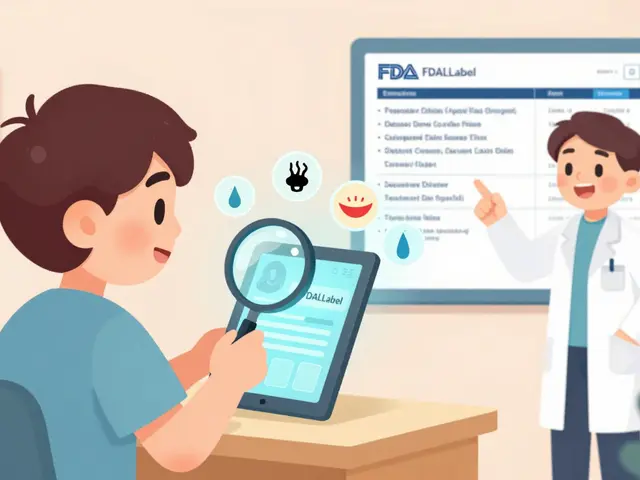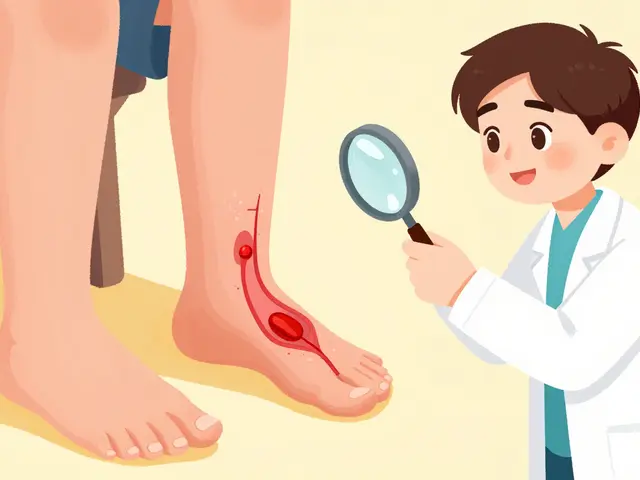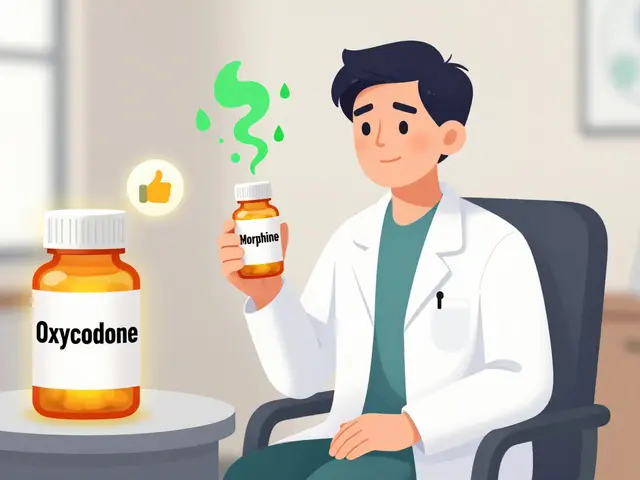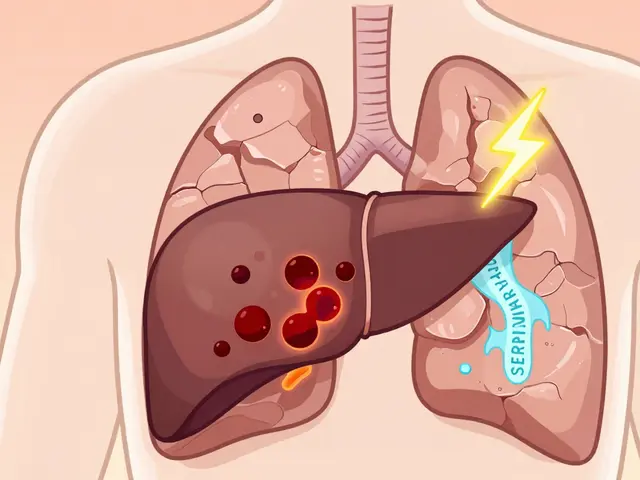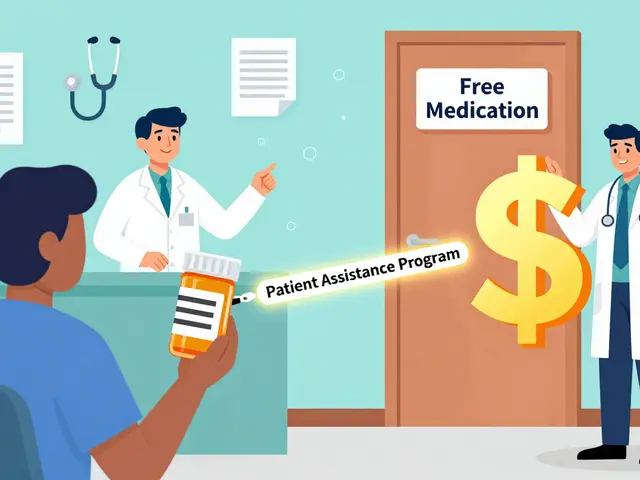Inflammatory Bowel Disease: Causes, Management, and Related Treatments
When you hear inflammatory bowel disease, a group of chronic conditions causing inflammation in the digestive tract, primarily Crohn's disease and ulcerative colitis. Also known as IBD, it’s not the same as irritable bowel syndrome — this is real tissue damage, not just upset stomachs. People with IBD don’t just have occasional bloating or diarrhea. Their immune system attacks their own gut lining, leading to ulcers, bleeding, severe pain, and sometimes life-threatening complications. It doesn’t pick and choose who it affects — it shows up in teens, adults, and even children, often without clear warning.
Two main types make up most cases: Crohn's disease, can affect any part of the digestive system from mouth to anus, often in patches, and penetrates deep into the intestinal wall, and ulcerative colitis, limited to the colon and rectum, causing continuous inflammation and ulcers along the inner lining. These aren’t just labels — they dictate treatment. Some drugs work for one but not the other. Surgery might help ulcerative colitis patients completely, but it’s rarely a cure for Crohn’s. And while diet doesn’t cause IBD, what you eat can turn mild symptoms into flare-ups. Foods that trigger one person might be fine for another — it’s personal.
Managing IBD isn’t just about pills. It’s about tracking symptoms, avoiding known triggers, and knowing when to push back on doctors who dismiss your pain. Many people end up on immunosuppressants or biologics — drugs that calm the immune system but come with risks like infections or even rare cancers. Others find relief with newer options like JAK inhibitors or gut-targeted therapies. But here’s what most guides miss: the emotional toll. Anxiety, depression, and isolation are common. You’re not just treating inflammation — you’re rebuilding your life around a body that doesn’t always cooperate.
You’ll find posts here that dig into real-world drug choices — from how biosimilars cut costs without sacrificing results, to why some people on warfarin need to watch vitamin K intake, even if they don’t have heart issues. There’s advice on tracking meds to avoid expired pills, how to spot fake pharmacies selling unsafe drugs, and even how gene testing might one day tell you which drug will work for your IBD before you even take it. This isn’t theory. These are tools people are using right now to take back control.
How Vitamin D Helps Manage Colitis Symptoms and Support Gut Health
Vitamin D plays a key role in reducing inflammation and supporting gut healing in colitis. Learn how optimal levels can reduce flare-ups, improve symptoms, and work alongside standard treatments.
Read More
